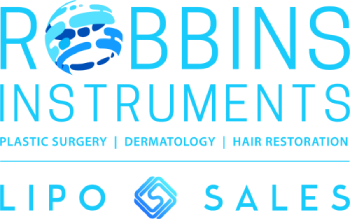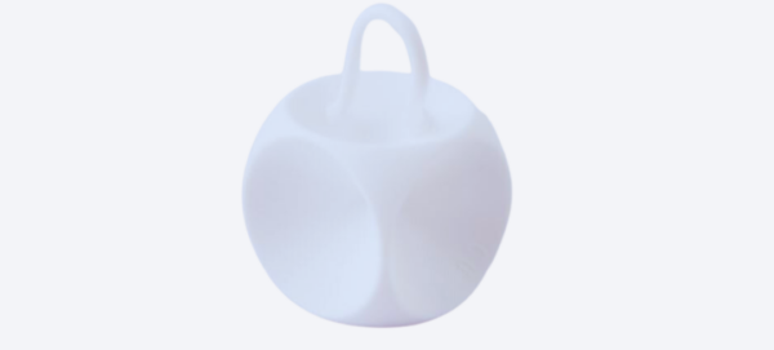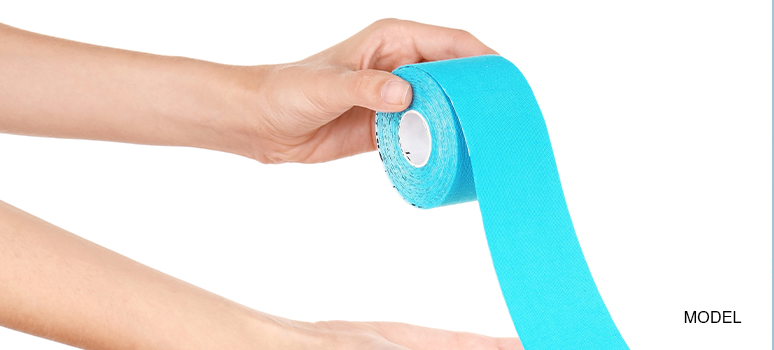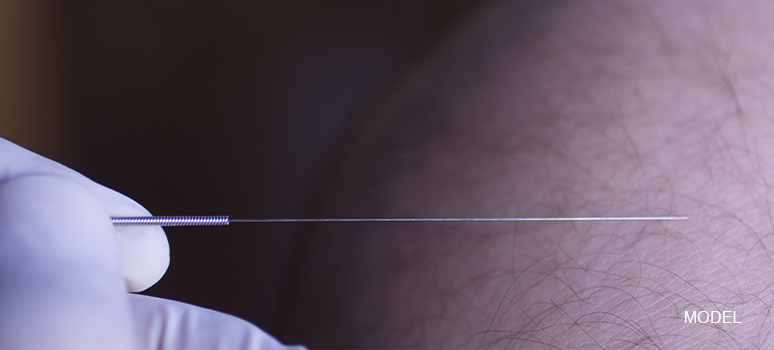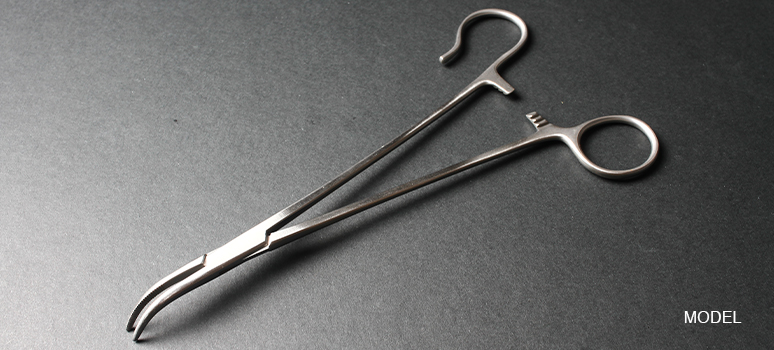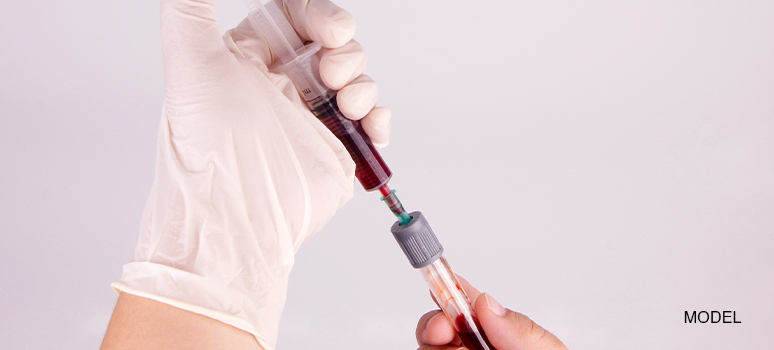Pessaries are essential medical devices used to provide support for various gynecological conditions, offering relief and improved quality of life for many women. At Robbins Instruments, we recognize the importance of high-quality pessaries in addressing pelvic organ prolapse and other related issues. In this comprehensive guide, we delve into everything you need to know about pessaries, from their types and uses to proper fitting and care.
Understanding Pessaries
Pessaries are non-surgical devices inserted into the vagina to support the pelvic organs, such as the uterus, bladder, or rectum, and alleviate symptoms associated with pelvic organ prolapse or urinary incontinence. These devices come in a variety of shapes, sizes, and materials to accommodate individual anatomical variations and treatment needs. Let’s explore the different types of pessaries available and their applications.
Types of Pessaries
- Ring Pessaries:
- Rings are circular devices with a central opening, resembling a doughnut or ring shape, commonly used in various medical and industrial applications.
- These pessaries are suitable for supporting mild to moderate cases of pelvic organ prolapse, providing elevation and support for the prolapsed organs while improving comfort and quality of life.
- Gellhorn Pessaries:
- Gellhorn have a more elongated shape with a rounded knob or projection at one end, designed to provide support for the posterior vaginal wall.
- These pessaries are often used for more severe cases of pelvic organ prolapse, as they provide greater support and stability for the displaced organs, improving symptoms and quality of life.
- Cube Pessaries:
- Cube are square-shaped devices designed to provide support for the anterior and posterior vaginal walls simultaneously, offering a balanced approach to pelvic organ prolapse treatment.
- These are commonly used in cases of cystocele (bladder prolapse) and rectocele (rectal prolapse), where support for both the bladder and rectum is needed for optimal symptom relief.
Uses and Benefits of Pessaries
Pessary offers a several uses and benefits for women experiencing pelvic organ prolapse or urinary incontinence:
- Symptom Relief: It effectively alleviates symptoms associated with pelvic organ prolapse, such as pelvic pressure, urinary leakage, and discomfort during intercourse.
- Non-Invasive Treatment: Pessary therapy provides a non-surgical alternative to address pelvic floor disorders, offering a conservative treatment option for women who prefer to avoid surgery or are not candidates for surgical intervention.
- Customized Support: With a variety of pessary types and sizes available, healthcare providers can tailor treatment to each patient’s individual needs, ensuring optimal support and comfort.
Proper Fitting and Care
To ensure the effectiveness and comfort of pessary therapy, proper fitting and care are essential:
- Initial Fitting:
- It should be fitted by a qualified healthcare provider experienced in pessary management and closely monitored.
- During the fitting process, the provider will select the appropriate pessary size and type based on the patient’s unique anatomy and treatment goals
- Regular Follow-Up:
- Patients using pessary should have regular follow-up appointments with their healthcare provider to monitor the device’s fit and address any issues or concerns.
- Hygiene and Maintenance:
- Proper hygiene is crucial for maintaining the integrity of the pessary and preventing infections.
- Patients should be instructed to clean the pessary regularly with mild soap and water and avoid using harsh chemicals or abrasive cleansers.
Finally, pessary are quite effective for giving support and comfort to women suffering from pelvic organ prolapse and urinary incontinence. Pessaries are a non-invasive treatment that can significantly improve quality of life. Robbins Instruments offers a comprehensive range of high-quality pessaries to meet the diverse needs of patients and healthcare practitioners. Explore our selection today to learn about the benefits of pessary therapy for pelvic floor problems.
Please contact us at 973-635-8972 if you would like more information about our products.
